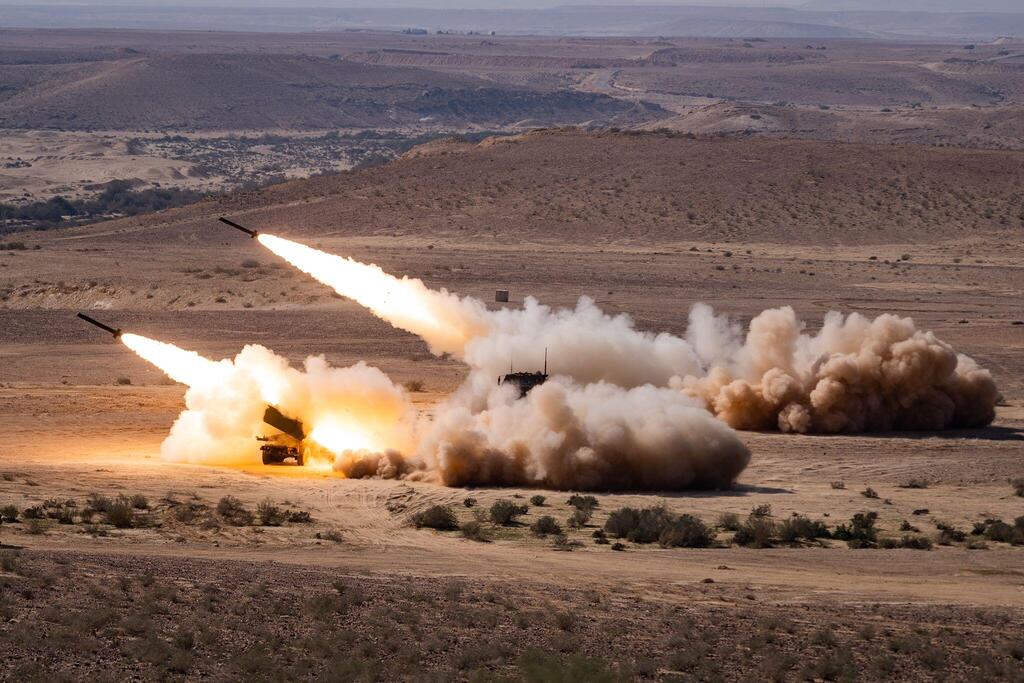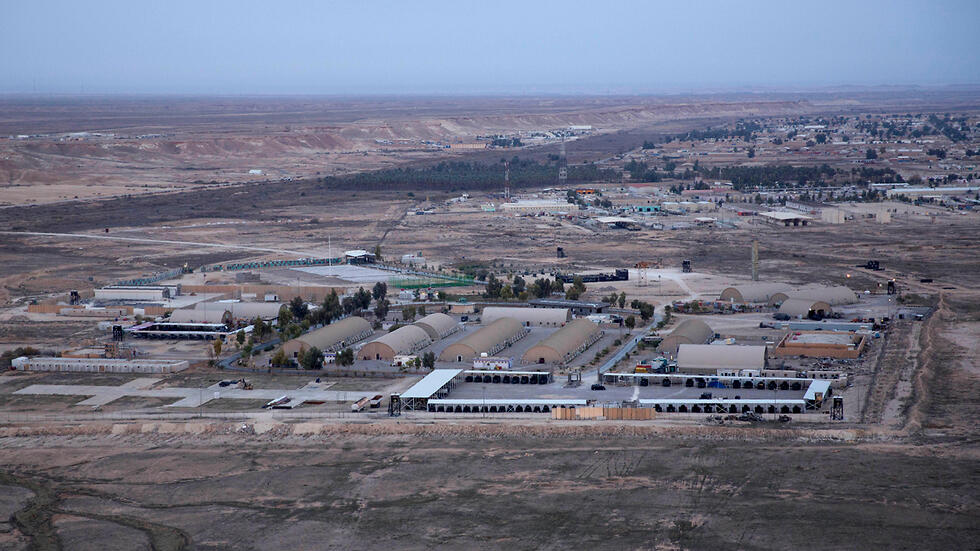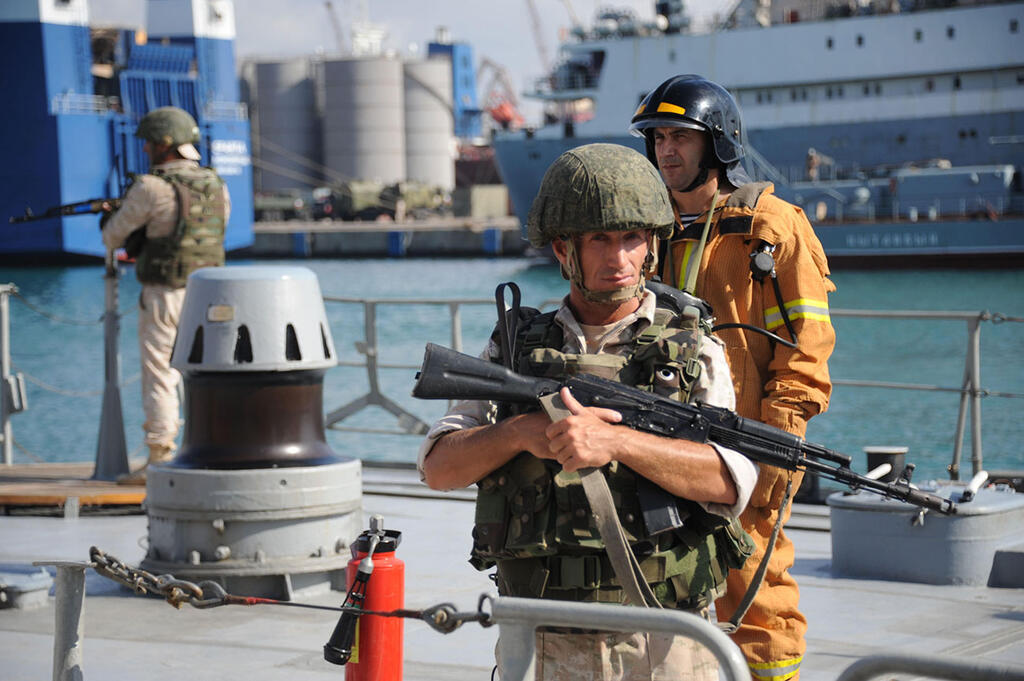Western nations and other global powers have maintained a significant military presence in the Middle East for decades, positioning their forces in key locations across the region under the pretext of stabilizing a geopolitically critical area, ensuring the free flow of global trade routes, supporting regional allies, and conducting counterterrorism operations.
However, critics argue that these military forces – frequently seen as an extension of control, particularly in oil-rich regions and strategic maritime corridors – often serve more to protect the economic and strategic interests of these external powers than to genuinely contribute to regional stability.
These are some of the countries that have troops in the Middle East, and the countries where they are based:
United States military presence
Qatar:
The United States maintains a significant military presence in Qatar, with Al Udeid Air Base serving as the largest U.S. base in the region. Located southwest of Doha, this base is home to the Qatar Emiri Air Force, U.S. Air Force, Britain’s Royal Air Force, and other foreign forces.
Established in 1996 following joint military operations during Operation Desert Storm, Al Udeid supports air missions, intelligence operations, and acts as a logistical hub for Western forces. The U.S. recently extended its military presence in Qatar for another 10 years despite ongoing debates about the necessity of such deployments.
Turkey:
Turkey hosts several important U.S. and NATO military bases, reflecting its strategic significance as a member of NATO and the crossroads of Europe, Asia, and the Middle East. The most prominent of these bases is Incirlik Air Base, located in southern Turkey, which serves as a key hub for U.S. and NATO operations in the region.
Incirlik has played a central role in various military campaigns, including operations in Iraq, Syria, and Afghanistan. It is also notable for housing U.S. tactical nuclear weapons under NATO’s nuclear sharing arrangements. Another significant facility is the NATO air defense radar site at Kürecik, which is part of the alliance’s missile defense system aimed at protecting Europe from potential threats.
Israel:
The U.S.-Israel military relationship is unique, characterized by deep cooperation rather than traditional bases. The U.S. operates a missile defense radar station in the Negev Desert and is expanding military facilities in Israel to support joint operations.
Bahrain:
The U.S. Navy’s 5th Fleet is headquartered in Manama, playing a crucial role in ensuring maritime security in the Gulf, Arabian Sea, and surrounding regions.
Iraq:
Approximately 2,500 US personnel are stationed in Iraq, including at Union III in Baghdad and Ain al-Asad Air Base. These bases support ongoing advisory roles to Iraqi forces in their fight against the Islamic State group. German troops are also present, training Kurdish forces in multinational efforts to stabilize the region.
Syria:
The U.S. military presence in Syria is contentious, with around 900 troops stationed at bases like Al Omar Oil Field and Al-Shaddadi. These bases are intended to prevent the resurgence of ISIS and maintain regional stability while also enabling the US to control significant oil reserves and influence the Syrian economy.
Additionally, the United States operates several secretive military bases across the Middle East, often in coordination with host nations that prefer to keep these arrangements discreet due to political sensitivities.
These bases are not publicly acknowledged by the Pentagon and are often used for highly sensitive operations, including surveillance, drone strikes and special forces missions. Locations include undisclosed sites in countries like Iraq, Syria, Jordan and Yemen, where the presence of U.S. forces is either minimized or officially denied. These secret bases have been frequent targets of attacks by Iranian-backed militias, which have been able to locate and strike these installations despite the secrecy surrounding them.
Russian military presence
Syria:
Russia maintains a significant military presence in Syria, with key facilities at the naval base in Tartus and Hmeimim Air Base. Russia’s involvement extends beyond Syria, including arms sales and military cooperation with countries like Egypt, Algeria and Iran.
Joint military exercises and deepening defense cooperation with Tehran, particularly in aerial and missile defense systems, underscore Moscow’s strategic interests in the region.
United Kingdom military presence
Bahrain:
The UK operates a naval support facility at Mina Salman in Bahrain, supporting maritime security, counter-piracy, and counter-terrorism operations. The UK also has a permanent presence in Oman, operating the Al Duqm Port and Drydock, a crucial logistical hub that allows the UK to project power in the Indian Ocean and beyond.
Cyprus:
RAF Akrotiri in Cyprus is another vital British military installation, supporting air operations over the Middle East, including coalition efforts against ISIS.
Oman:
The UK has a permanent military presence in Oman, where it operates the Al Duqm Port and Drydock, one of the largest deep-sea ports in the Middle East. This facility is essential for logistical support and it allows the UK to project power in the Indian Ocean and beyond.
French military presence
United Arab Emirates:
France’s military presence in the Middle East is primarily based at Al Dhafra Air Base in the UAE, where French forces support surveillance and counterterrorism missions. France also periodically operates from Jordan, conducting airstrikes against ISIS targets in Syria and Iraq.
Djibouti:
French forces have a significant presence in Djibouti, where they maintain military bases and conduct various operations, reflecting France’s longstanding ties to the region and its strategic importance in the Horn of Africa.
Chinese military presence
United Arab Emirates:
China has been reportedly constructing a suspected military facility at Khalifa Port in the UAE, despite U.S. concerns. This move is part of Beijing’s broader strategy to enhance connectivity and secure its energy supply routes through the Belt and Road Initiative.
Djibouti:
China also has a military base in Djibouti, marking its first overseas military base and underscoring its growing influence in the region. This base is part of China’s efforts to protect its interests and expand its presence in the strategically significant Horn of Africa.
- This article is written by Simcha Pasko and Steve Ganot and reprinted with permission from The Media Line.




